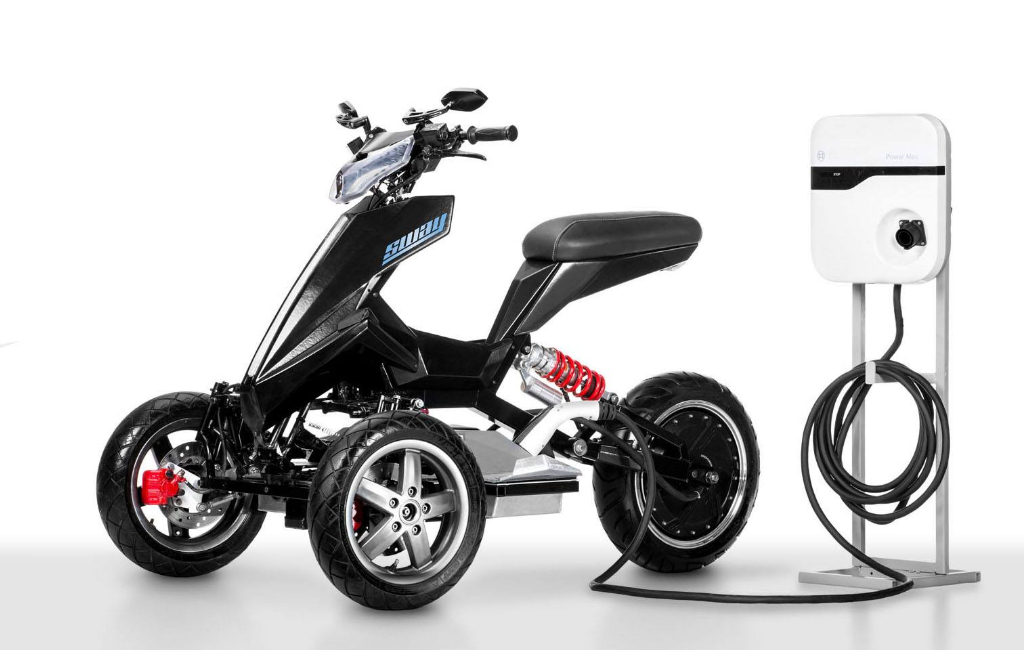The Shark Wheel Square Skateboard Wheels
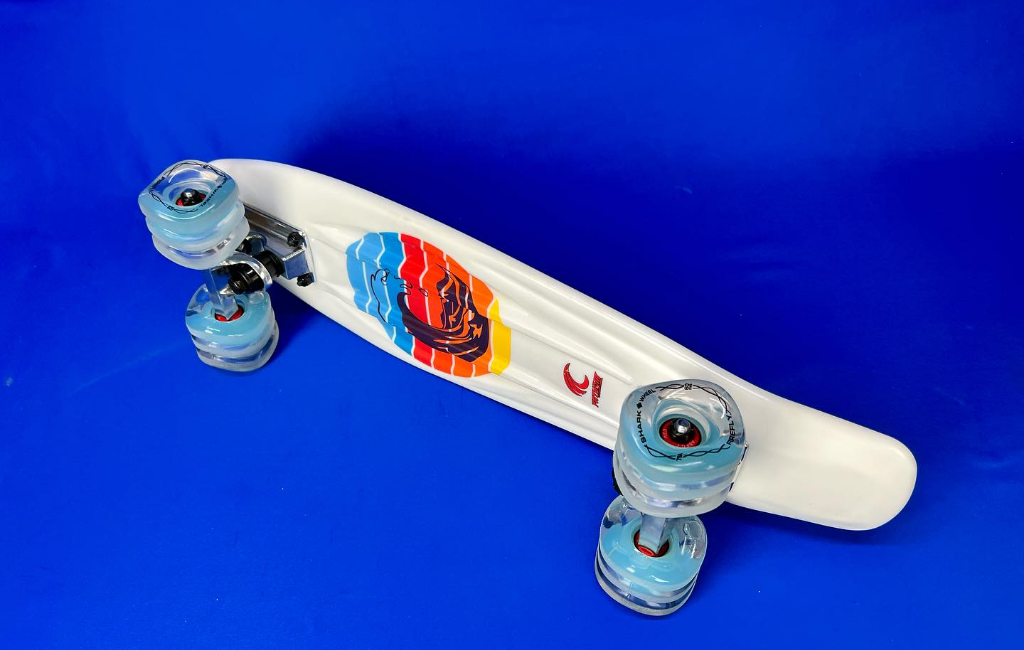

DEAL
EPISODE SUMMARY
🕓 Air Date: May 15, 2015
Asking For:
$100,000 for 5%
Investor:
Mark Cuban, Kevin O'Leary, Nick Woodman (33.30)
Deal:
$225,000 for 7.5% equity + 10% Royalty until $500,000 paid back
PRODUCT SUMMARY
Shark Wheel has reinvented the traditional wheel design with a cube-based, mathematically balanced wheel that offers better grip, speed, and durability across various terrains.
WATCH HERE
IN A RUSH?
Click these to jump to the section you want to read.
Background Story
Shark Wheel, a revolutionary wheel design company seeking investment on Shark Tank, was founded by David Patrick and Zack Fleishman. The duo entered the tank with an ambitious pitch, aiming to secure $100,000 in exchange for a 5% stake in their business. David Patrick, the visionary behind the geometrically innovative wheel, lacks formal degrees but brings a unique perspective to the table. They presented a product that originated from David Patrick’s inventive mind.
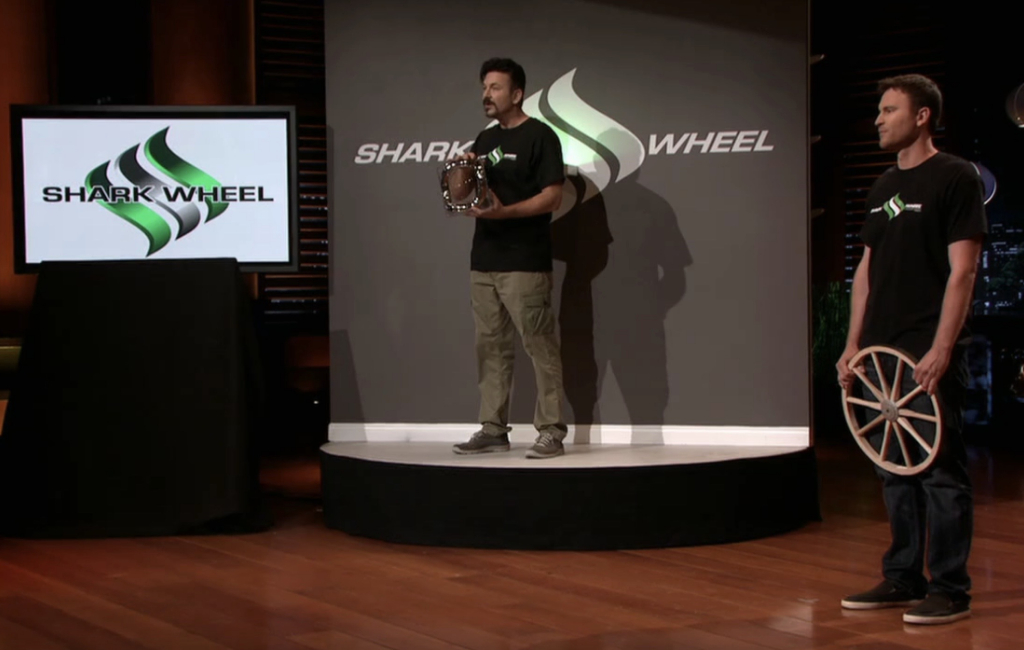
The idea sparked a reimagining of the traditional wheel design, which has remained largely unchanged for over 5,000 years. The pitch emphasized the limitations of existing wheels, highlighting the trade-offs between speed, grip, and terrain adaptability. David Patrick came up with a mathematically balanced design based on a cube, challenging the conventional wheel shapes. Despite the skepticism from some Sharks, the founders showcased a prototype that not only rolled but outperformed traditional wheels in terms of speed, grip, and durability.
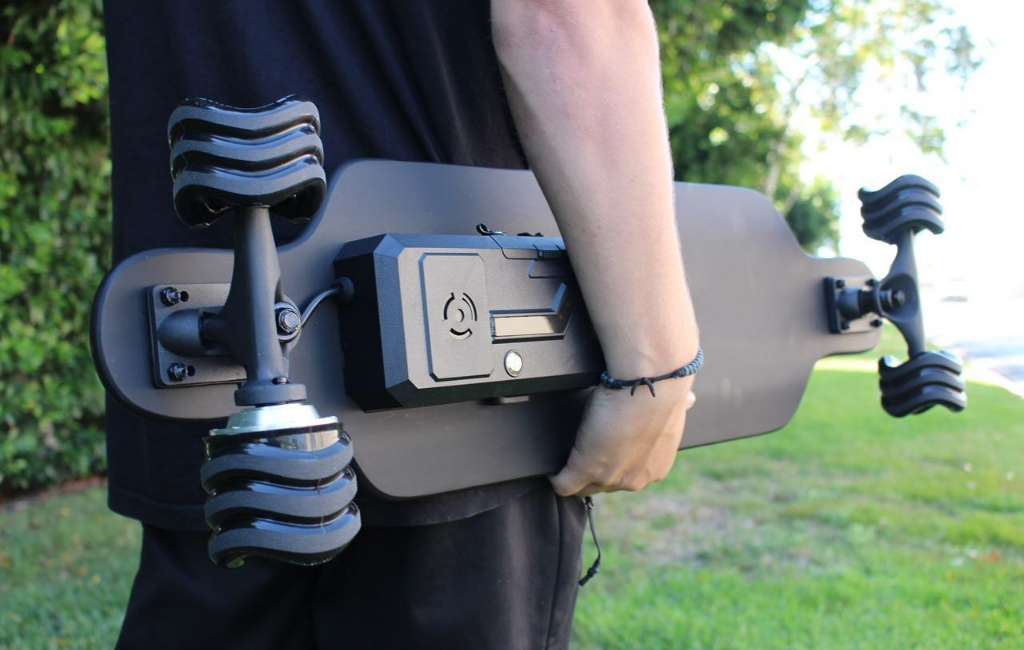
The background story suggested that Shark Wheel had its roots in the skateboard industry, where their product gained traction and positive reviews. The founders demonstrated their commitment by entering partnerships with major players in the industry, such as Bugaboo Strollers and Razor Scooter. The success in skateboarding served as a launchpad for Shark Wheel’s expansion into diverse markets, positioning the company as a potential game-changer in the wheel industry.
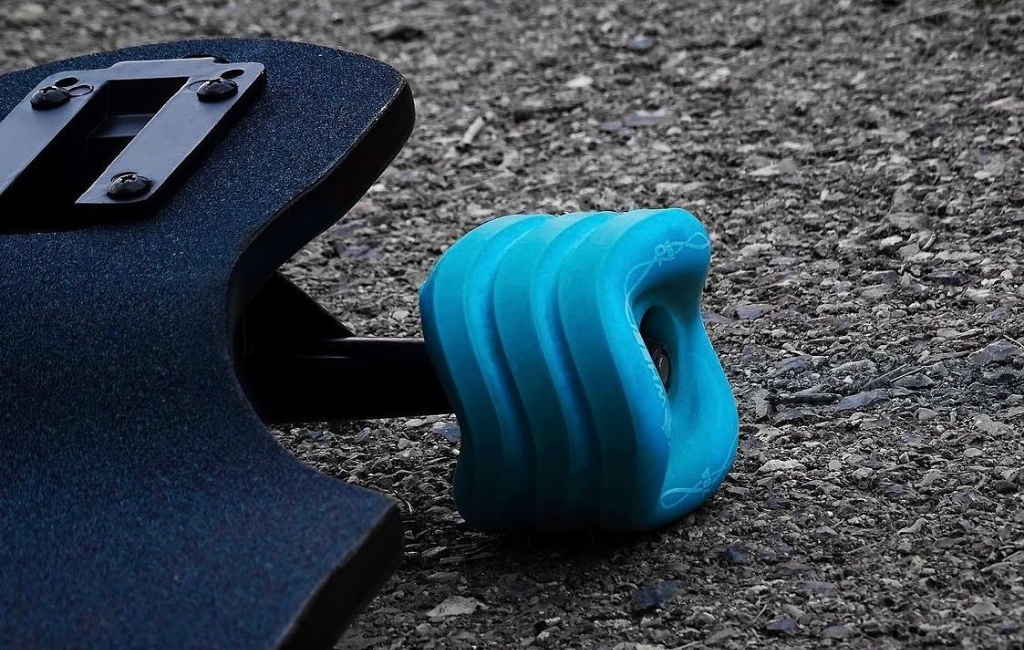
The Product
Shark Wheel has redefined the conventional wheel with a groundbreaking cube-based design that boasts superior performance across various applications. The cube shape is mathematically balanced, providing a unique blend of benefits that address the limitations of traditional wheels. The innovative wheel design excels in multiple industries, starting with the skateboard market, where it has gained acclaim for its exceptional speed, grip, and smooth ride.
Its geometric configuration allows for efficient rolling on hard pavement, mimicking the characteristics of both thin and wide wheels. The Shark Wheel is not limited to skateboards; it adapts seamlessly to other applications, such as strollers and scooters, making them easier to push and enhancing overall performance.
This versatile wheel design is particularly advantageous for traversing different terrains, including sand, mud, and grass. It offers a smooth experience over any surface, setting it apart from traditional wheels. The Shark Wheel is currently available for purchase worldwide through online channels.
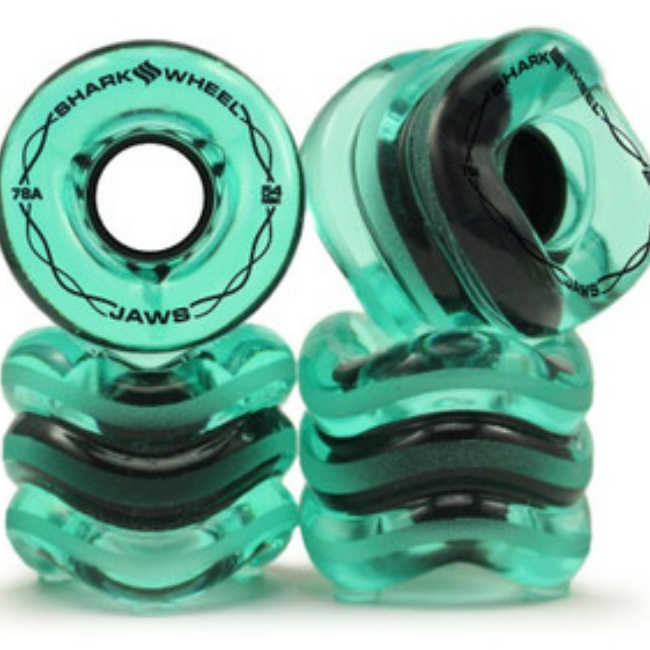
How It Went
The company’s position before Shark Tank
Shark Wheel, as presented on Shark Tank, showcased a robust performance and strategic positioning in the market. The company’s health and position were illustrated through impressive sales figures, with over 4,000 units sold within four months, generating a substantial $183,000 in revenue. The founders emphasized their success in the skateboard industry, where their wheels received rave reviews for being faster, grippier, and smoother than traditional alternatives. The pitch indicated ongoing partnerships with major players in the industry, such as Bugaboo Strollers and Razor Scooter, highlighting the company’s expansion into various markets beyond skateboarding.
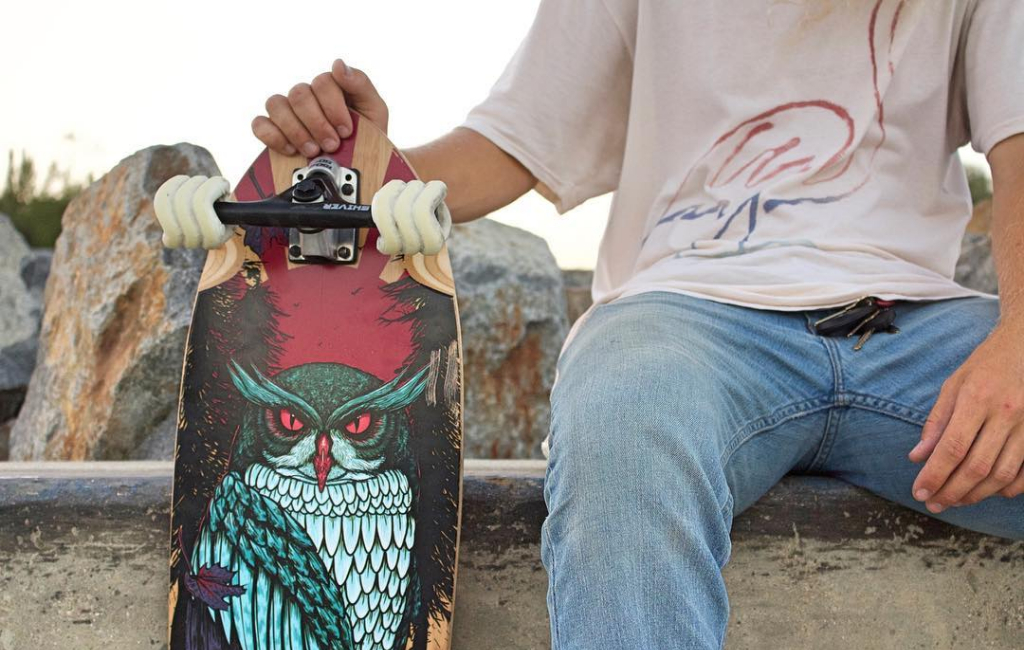
These partnerships were a testament to Shark Wheel’s ability to cater to diverse industries and establish itself as a versatile wheel solution. This suggested that the company was actively engaging with influential players in the market to expand its distribution network. The target customers for Shark Wheel were diverse, ranging from skateboard enthusiasts to parents using strollers and individuals seeking high-performance wheels for various applications. The founders also mentioned successful sales worldwide through online channels, indicating a global customer base. In terms of funding, the pitch revealed that Shark Wheel had raised $603,000 to date.

The valuation mentioned during the pitch was $10 million, indicating a solid financial standing and investor confidence. The founders suggested having investors on board, with three investors valuing the company at $10 million. Profit and loss specifics were not provided in the pitch, but the successful sales figures and partnerships suggested a positive trajectory for the company. The founders portrayed Shark Wheel as a dynamic and forward-thinking entity, ready to capitalize on its success in the skateboard industry and expand its market presence across diverse sectors. The strategic partnerships and ongoing negotiations highlighted a company strategically positioned for future growth and market dominance.
The Negotiations:
The negotiations for Shark Wheel unfolded with a mix of skepticism and intrigue from the Sharks. Despite showcasing the innovative cube-based wheel’s capabilities, some Sharks expressed concerns about its stability and practicality, leading to initial hesitations. Kevin O’Leary presented a unique offer, proposing $100,000 for a 2.5% stake, accompanied by a 10% royalty until he recouped $500,000. Nick Woodman countered with a different proposition, offering $100,000 for a 15% stake.
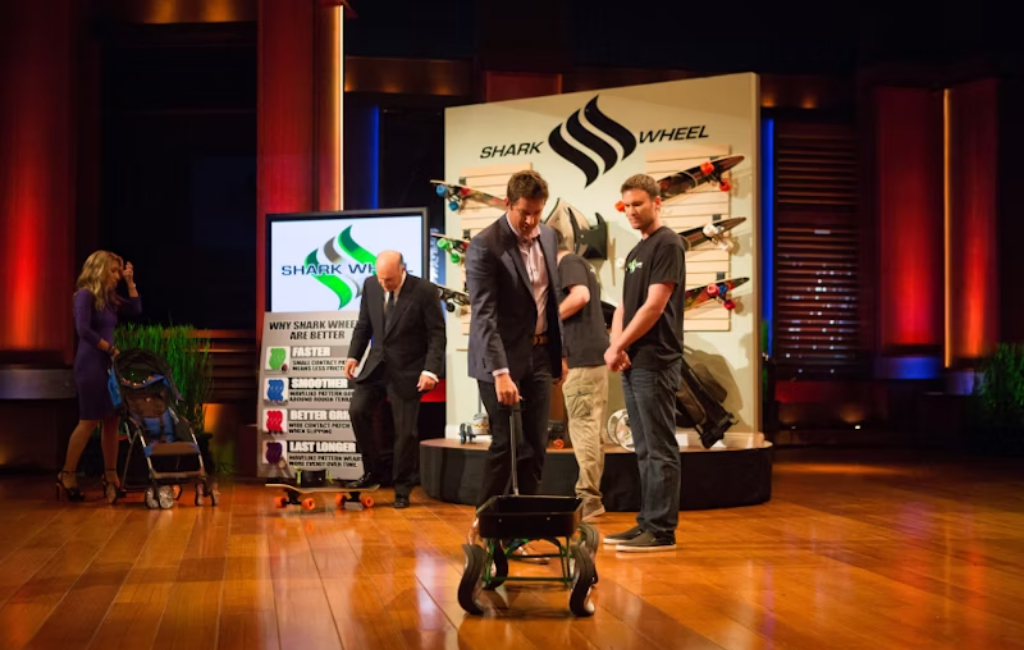
Mark Cuban, recognizing the potential of the product, entered the negotiation, suggesting a joint deal with Kevin and Nick. The three Sharks collectively offered $225,000 for a 7.5% stake (2.5% each), retaining the 10% royalty until reaching $500,000. The founders accepted this joint offer, expressing their appreciation and excitement for partnering with Kevin O’Leary, Nick Woodman, and Mark Cuban. The negotiation showcased the Sharks’ recognition of the Shark Wheel’s potential and their willingness to collaborate in a joint investment.
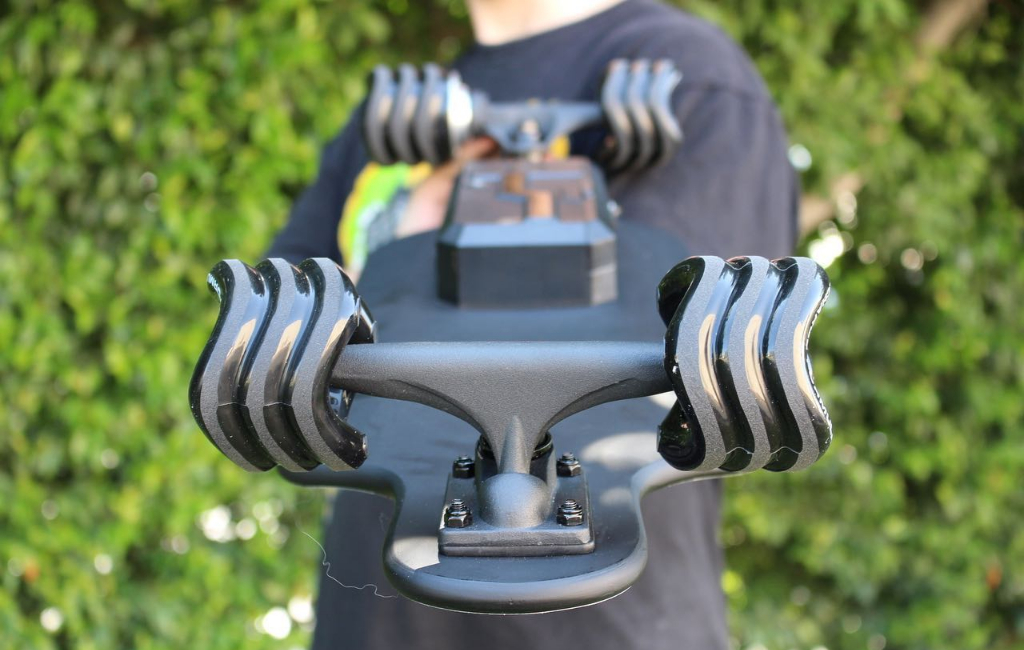
Interestingly, the negotiation also saw a moment of tension when Mark Cuban discovered that the founders had already raised $603,000 at a $10 million valuation. Despite this revelation, the joint offer was upheld, and the deal was sealed at $225,000 for 7.5% equity, with the 10% royalty to be split among the three Sharks until reaching $500,000. The founders happily accepted the joint offer, expressing their satisfaction with securing the three best partners they could have hoped for.






